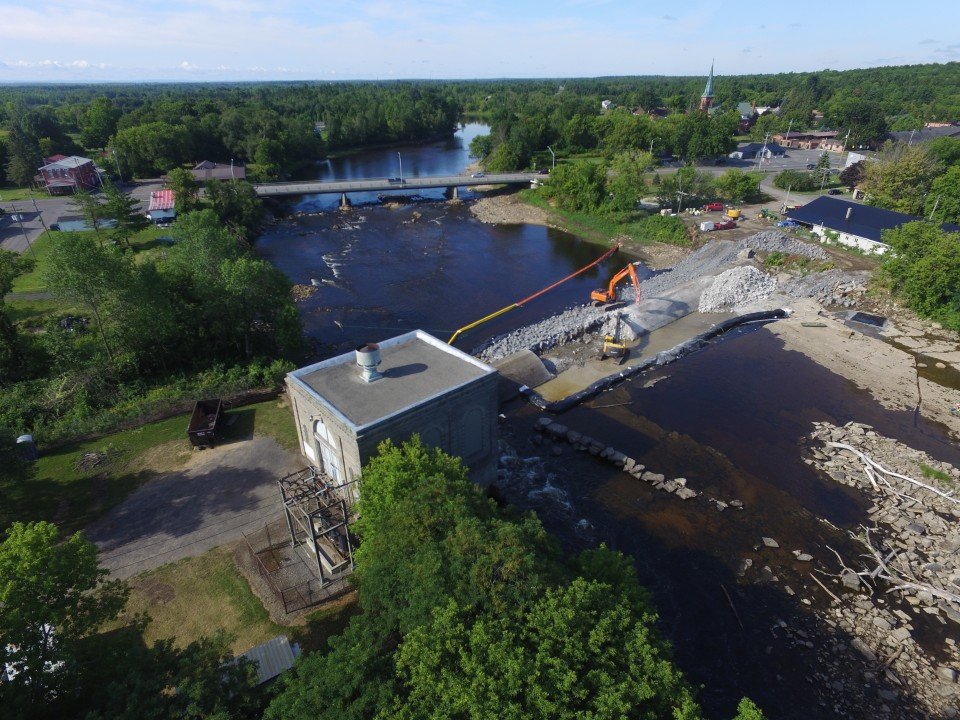
Clean Water Act: Priorities for Offset Policies that Benefit the Environment and Communities

New Report: A look at four new natural resource procurement bills

A look at four new natural resource procurement bills

New Report: Delivering Faster Restoration with Bipartisan Infrastructure Law (BIL) Funding

Delivering Faster Restoration with Bipartisan Infrastructure Law (BIL) Funding

Streamlining Restoration Projects with Nationwide Permit 27: An Explainer
This explainer reviews how NWP 27 created huge efficiencies in permitting aquatic resource restoration with widespread benefits to coastal and upland wetlands, streams, and other resources. Other Federal and state regulations could take a cue from this example and streamline projects proven to create a net benefit in natural resources. Photo credit: James Loesch

Recent Efforts to Streamline Restoration Permitting: Why it matters
Ecological restoration projects are often as difficult, if not more so, to permit than development. There are multiple regulatory agencies, exorbitant costs, and often years of time needed to secure proper permits. Obviously, this is a barrier for restoration work. Smaller firms and local efforts often do not have the money, time, or technical expertise to navigate this difficult process and will either abandon or avoid projects because of permitting red tape. Our ecological crises are on tight timelines; we don’t have years to wait around for complicated layers of permits. When speaking about our response to climate crises, Wade Crowfoot, California’s Secretary of Natural Resources succinctly put it, "Winning slowly is still losing. We’re still losing if we’re winning in tiny bites. We need to be doing much bigger things faster. That’s how urgent the situation is."

How We Can Get Better, Faster Environmental Outcomes from the $9+ Billion Water Resources Development Act

Maryland Enacts Nation’s First Conservation Law Focused on Private Finance

For Immediate Release: Conservation Finance Act Passes Maryland House & Senate

Opinion: Combating environmental crises requires investment from the private sector
Philanthropic and government dollars are perceived as ‘doing good’ for the environment, where private funding, with the same outcome, has a more sinister connotation. Many traditional conservationists think that it is immoral to profit from ecological restoration and conservation. I argue that that is not the case, that private involvement is necessary to combat the climate, clean water, and endangered species crises we find ourselves in. Development will continue to advance; we should embrace the range of solutions available to deliver environmental benefit along with it.

The Case for Crediting Wildlife Crossings

EPIC & CGS provide comments to USGS RFI to inform interagency efforts to develop the American Conservation Stewardship Atlas

Three changes to the mitigation rule to enhance successful tribal compensatory mitigation programs

How can tribes use mitigation banking for economic development?
How can tribes use mitigation banking for economic development?

Net Zero or Better: Priorities for Offset Policies that Benefit the Environment and Communities

Visualizing Tribal Mitigation Opportunities in the Colorado River Basin

An interview with EPIC tribal mitigation fellow, Mariah Black Bird
An interview with Tribal Mitigation Fellow Mariah Black Bird

Our thoughts on getting eagle mitigation right


